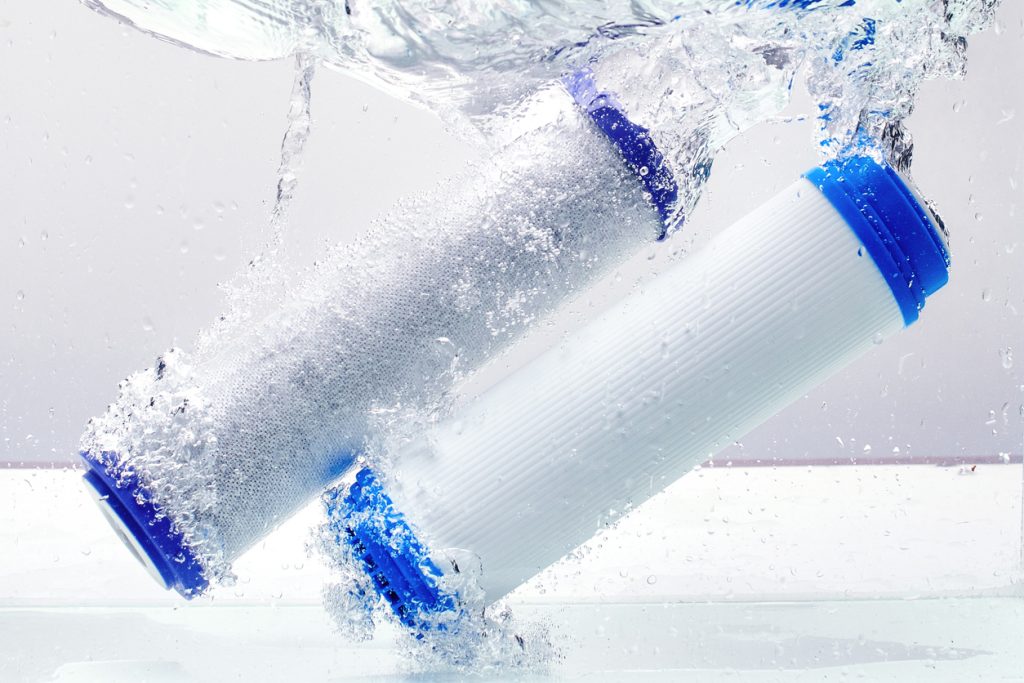Tap water is an essential resource that we rely on for drinking, cooking, and various other daily activities. However, there are instances when tap water can have a foul odor or taste, making it unpleasant and potentially concerning for consumption. Understanding the signs of foul odor or taste in tap water is crucial in identifying potential issues and taking appropriate steps to resolve them through treatment.
Identifying Foul Odor or Taste
When your water contains contaminants, there are several different foul odors and tastes you may experience. These include:
- Chlorine-like smell: If your tap water has a strong odor resembling that of chlorine or bleach, it may indicate the presence of excess chlorine disinfectants.
- Musty or earthy smell: A musty or earthy smell in tap water may be a sign of organic matter, such as algae or bacteria, in the water supply.
- Metallic or rotten egg smell: A metallic or rotten egg smell in tap water could suggest the presence of dissolved metals, such as iron or hydrogen sulfide gas, which can occur due to corroded plumbing or contaminated water sources.
- Moldy or sewage-like smell: A moldy or sewage-like smell may indicate the presence of bacteria, such as coliform bacteria, in the water, which can be harmful if consumed.
Common Causes of Foul Odor or Taste in Water
Understanding the common causes of foul odor or taste in tap water can help pinpoint the underlying issues. Some of the common causes include:
- Chlorine disinfection: While chlorine is used to disinfect tap water and kill harmful bacteria, the excess can lead to unpleasant smells and tastes.
- Algae or bacteria growth: If the water source contains organic matter, such as algae or bacteria, it can cause musty or earthy smells in tap water.
- Corroded plumbing: Corrosion in plumbing systems can introduce metallic tastes or odors due to dissolved metals, such as iron, copper, or zinc, leaching into the water.
- Contaminated water sources: Pollution or contamination of water sources, such as rivers or groundwater, can result in unpleasant smells or tastes in tap water.
Treatment Options
Resolving foul odor or taste issues in tap water often requires appropriate treatment methods. Here are some effective options:
- Activated carbon filters: Activated carbon filters can effectively remove chlorine and its byproducts and organic compounds causing foul odors and tastes in tap water.
- Boiling water: Boiling tap water can help eliminate bacteria and volatile compounds contributing to foul odors or tastes. However, it may not be effective against dissolved metals or certain chemical contaminants.
- Reverse osmosis systems: Reverse osmosis systems utilize a semipermeable membrane to remove many impurities, including dissolved metals, chemicals, and microorganisms, providing clean and odor-free water.
- Point-of-use distillation: Distillation involves heating tap water to create steam, which is then condensed to produce purified water. This process effectively removes contaminants.
- Disinfection treatments: In some cases, disinfection treatments like ultraviolet (UV) light or ozone can kill bacteria, viruses, and other microorganisms that cause odors or tastes in tap water.
Get Professional Help for Water Quality Issues
The presence of foul odor or taste in tap water can be a cause for concern, but by understanding the signs and common causes, we can take appropriate steps to resolve the issues. Whether it’s utilizing activated carbon filters, boiling water, or employing advanced treatment methods like reverse osmosis or distillation, various effective options are available. Ensuring access to clean and odor-free tap water is essential for maintaining our health and well-being. Contact Parobek Water Solutions in Austin, TX for seamless water filtration services.

